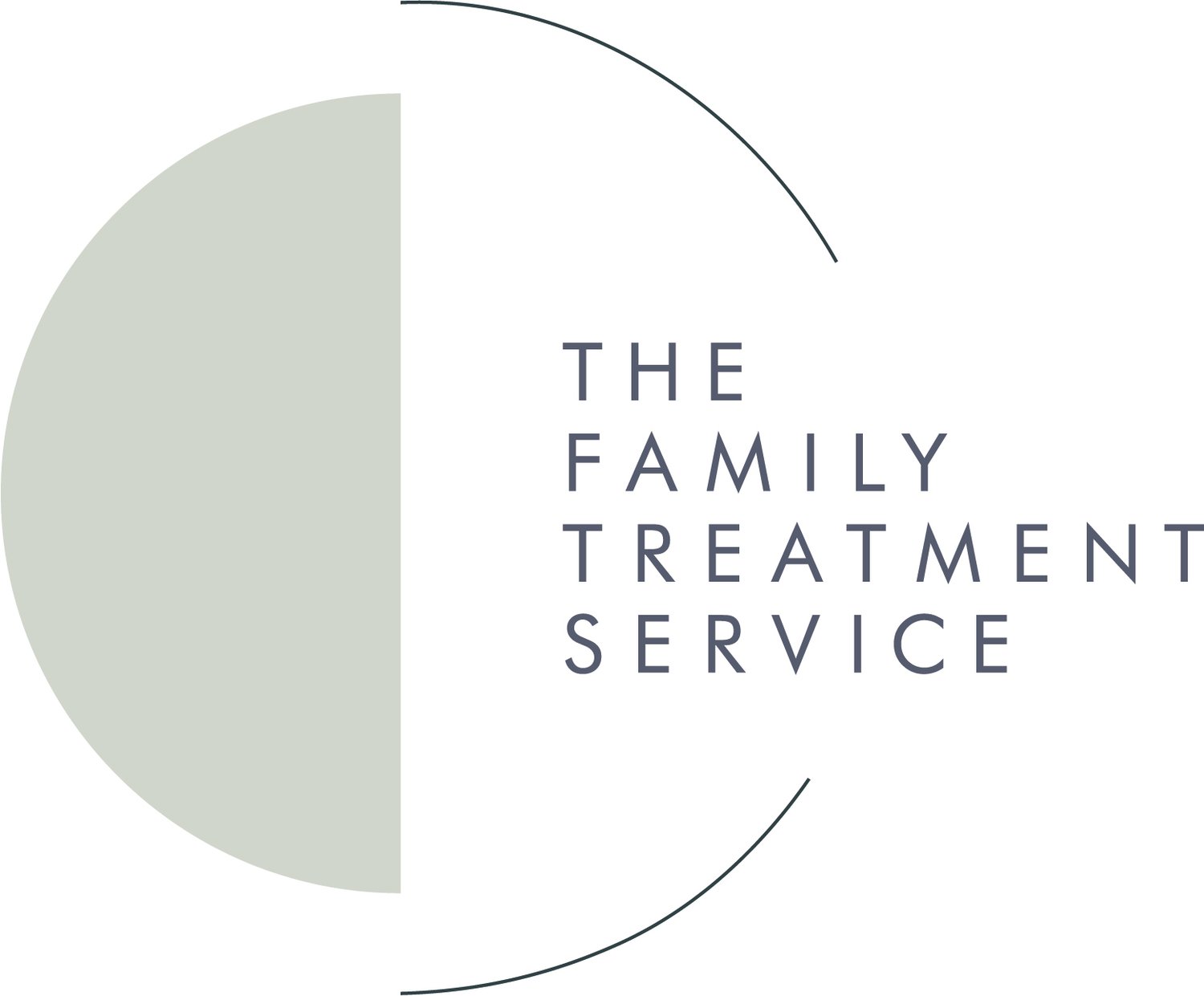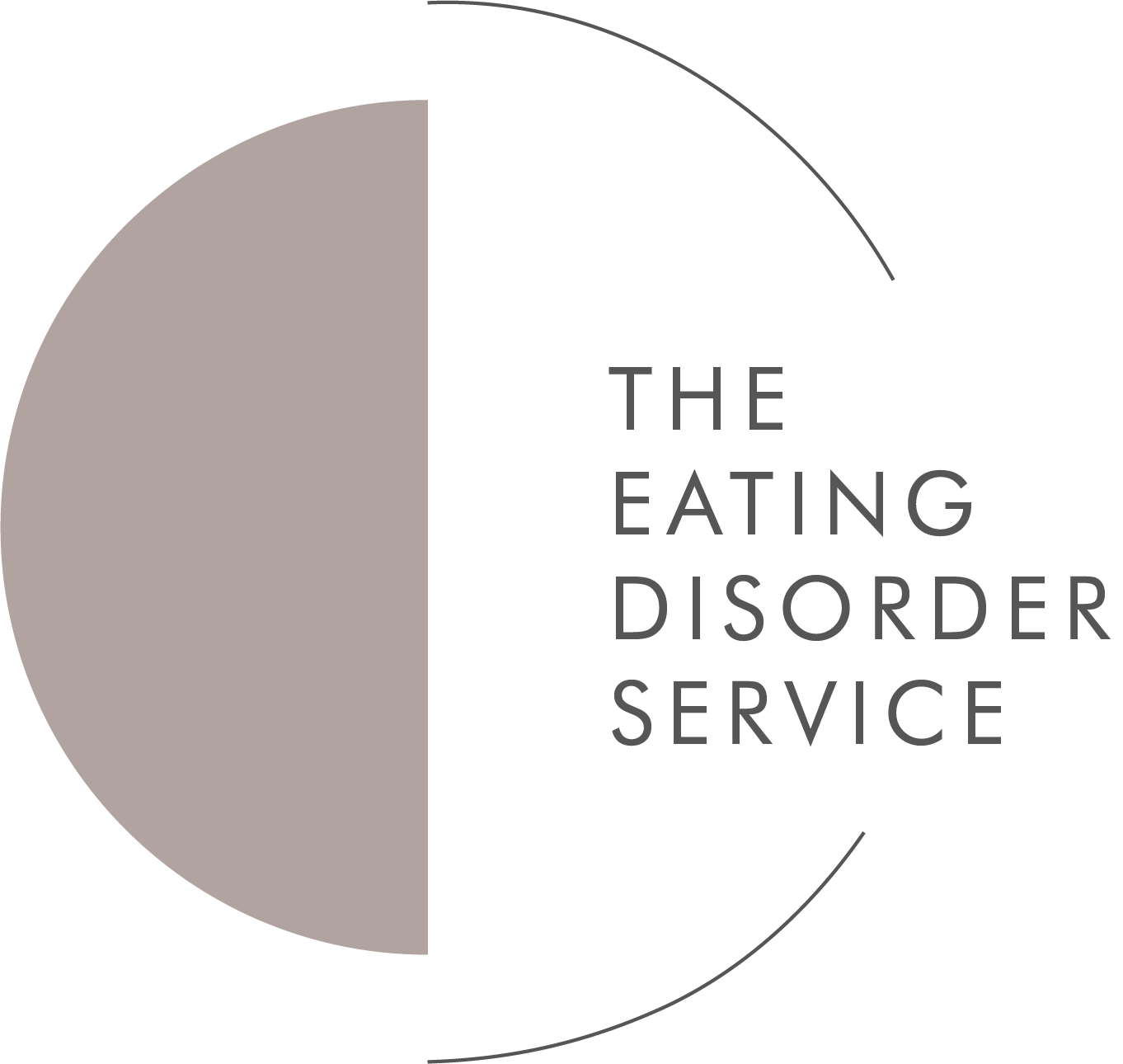
The Eating Disorder Service
Here at The Family Treatment Service we run an eating disorders service for adults and young people that is collaborative, caring and uses highly evidence based approaches. Our team have a huge amount of eating disorders experience and have worked both privately and in the NHS.
For further information about eating disorders, please visit our specialist website www.theeatingdisorderservice.com
It’s usually very difficult for people with eating disorders to get better on their own, so it’s important that you or the person you know finds professional help and support as soon as possible. Realising that you or someone you know might have an eating disorder can be frightening. But eating disorders, while serious, are treatable, and it is very possible to make a full and sustained recovery.
The earlier in the course of the illness someone is able to access treatment, the better their chance of fully recovering, whether they are beginning to develop an eating disorder, have had one for some time, or are experiencing a relapse. Studies suggest that up to a quarter of sufferers are male. But the stigma around eating disorders, and around male sufferers, means many men may go undiagnosed. What is certain is that if you’re male and worried about yourself, you’re not alone. There are many men who share your experience.
We treat:
Anorexia Nervosa · Bulimia Nervosa · Binge Eating Disorder · Body Dysmorphic Disorder · Emotional Eating · And many other food and mood related difficulties.
We work collaboratively with you to reach your goals and work towards recovery at a pace that suits you.
We strongly believe that carers and parents are a crucial element to the recovery process and want them to be involved in their child’s care, even when they are an adult.
Helping those around the person who is unwell to understand the illness, as well as recognising patterns in their relationships with the individuals can help reset relationships and allow those with an eating disorder to make positive changes for themselves.
Through the Family Treatment Service you can access:
Specialist individual therapy for adults and children · Evidence based family therapy for Eating Disorders (NICE guidelines treatment of choice) · Highly specialist meal plans and support from our Associate Nutritionist, under the guidance of a leading Eating Disorders Dietitian · Mealtime and life skills work with our specialist Occupational Therapist · Workshops with our expert team
Please note that we may require you have an appointment with your doctor, or that you are under the care of a psychiatrist before we are able to see you for talking therapies.
CBT-E Therapy
CBT-E is short for Enhanced Cognitive Behavioural Therapy. It is an evidence based therapeutic intervention recommend by NICE and specifically designed to support individuals who have eating disorders to understand and explore how their eating disorders effect their thoughts, feelings and actions.
The model has four stages and focuses around a highly personalised formulation of the eating disorders considering relationship with food, weight and shape , body image, self esteem, perfectionism and relationships. The therapy will then support the individual to implement strategies and skills to adapt and challenge their eating disorder thoughts and behaviours as well as relapse prevention as therapy draws to an end.
The model is transdiagnostic meaning that it is designed to help individuals with Anorexia Nervosa, Bulimia Nervosa, binge eating disorder as well as individuals who do not meet diagnostic criteria but are struggling with disordered eating.
Sessions are typically 50 minutes long and will often have in-between session tasks. CBT- E typically lasts 20 sessions over 20 weeks, however if significant weight needs to be restored this may be longer.
Specialist Nutritionist Support
A nutritionist provides advice around the impact of food on health and well-being. Our specialist Associate Nutritionist works under the guidance of a leading Eating Disorders Dietician and can support you with disordered eating or if you have a diagnosed eating disorder. She can provide support with:
Advice around nutrition for recovery · Support with achieving/maintaining a normal body weight · Support with meeting your nutrition goals · Improving your relationship with food · Recipe ideas · Creating weekly meal plansWriting shopping lists · Cooking and portioning a balanced meal · Managing mealtimes · Reducing eating disorder food behaviours · Advice for social meals · Support with exposure to feared foods/drinks
How to talk to a loved one if you are worried about them or they don’t want help
Choose a place where you both feel safe and won’t be disturbed, try to have the conversation 1:1
Choose a time when neither of you feels angry or upset. Avoid any time just before or after meals.
Have some information with you that you can refer to if you’re able to. You could share it with them, or leave it with them to look at by themselves.
Try not to use language that could feel accusatory. “I wondered if you’d like to talk about how you’re feeling” is a gentler approach than “You need to get help”, for example.
They may be angry and defensive. Try to avoid getting angry in response, and don’t be disheartened or put off. Reassure them that you’ll be there when they’re ready, and that your concern is their wellbeing.
Be gentle but firm, and clear that the reason you’ve raised this is not to criticise – it’s that you’re concerned and care for them.
If they acknowledge that they need help, encourage them to seek it as quickly as possible.
If they tell you there’s nothing wrong, even if they seem convincing, keep an eye on them and keep in mind that they may be ill even if they don’t realise it. Denial that there’s a problem is common – in the case of anorexia, it’s considered a symptom of the illness. You were worried for a reason, so trust your judgement. Remember eating disorders thrive on secrecy so keeping quiet won’t help.
It can be helpful to explore their reason for not seeking treatment in a calm and supportive manner.
Reassure them that you want to see them get better and that you’re here to support them through treatment – they don’t have to do it alone.
Our Specialist Eating Disorder Team
-

Alexia Dempsey
Registered Dietitian
Cognitive Behavioural Therapist -

Jemma Meeson
Specialist Systemic Psychotherapist
Clinic Director -

Manuel Navarro Gimeno
Systemic Psychotherapist
Individuals | Families | Couples

